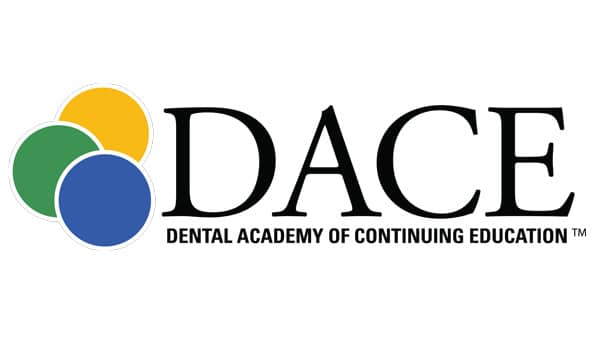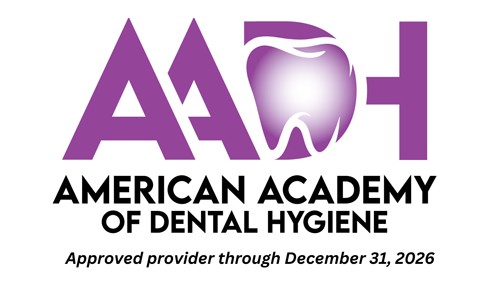Twenty-six million people in the United States are living with chronic kidney disease (CKD). As the baby boomer generation continues to mature, medical procedures extending life improve,and with pharmacology advances, this number will increase. With an increased number of patients living with CKD seeking dental treatment, will the dental healthcare provider be prepared to provide treatment to patients living with renal disease-induced anemia, and with secondary hyperparathyroidism and its effects on bone metabolism and the cardiovascular system? Many providers are familiar with providing palliative treatment for xerostomia, but how do you recommend palliative treatment for someone who is on strict fluid and dietary restrictions, such as patients living with end stage renal disease? Diabetes and hypertension are the two greatest causes of kidney disease. Dental providers should be knowledgeable about the different stages of renal disease and different treatments associated with this condition, and be prepared to address oral complications of renal disease. The dental healthcare provider must become more familiar with the impact of periodontal disease on renal disease, specific medical challenges and become proficient in collaborating with medical healthcare providers to provide dental treatment to these patients.






